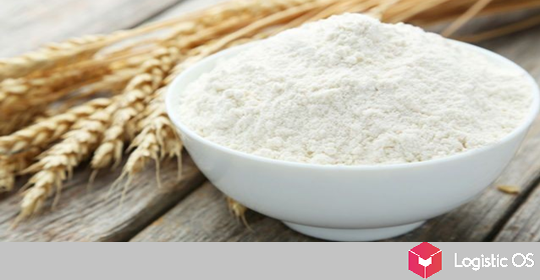The Association of Peasant Farms and Agricultural Cooperatives of Russia once again stated that export duties are one of the main obstacles to the development of the industry.
At the 35th congress of the association, which is held annually, statements were again made that the duty should be abolished or significantly reduced.
However, similar statements were made in 2022 and 2023, but so far there has been no response from the authorities: the duty continues to apply.
As AKKOR President Vladimir Plotnikov noted, over the past 2 years, Russian farmers have set a record, collecting a total of 300 million tons of grain.
However, at the same time, the profitability of the farmers themselves decreases. And one of the main reasons for the drop in profitability is precisely export duties.
In addition to them, there are also other problems: increasing production costs, including fertilizers, seeds, agricultural machinery, and rising wages for workers.
At the same time, it is not possible to generate much income, precisely because the duty destroys a significant part of the possible revenue.
Experts believe that the duty currently does not perform any useful function.
Initially, its meaning was to be a damper between relatively high world grain prices and relatively low domestic Russian ones.
But now world grain prices have fallen significantly, which makes the duty meaningless.
The duty threatens the Russian agro-industrial complex
The lack of high profits for farmers leads to the fact that they have less money left, which means there is no opportunity to buy new equipment or technologies.
In addition, there is no motivation to grow more crops. On the contrary, there may be a desire to reduce production because it does not generate enough profit.
An even more serious problem may be the outflow of personnel from the agricultural sector to other areas.
“Young professionals are choosing other industries with higher salaries. If this continues, we may face serious problems in a few years.
We need to make agriculture attractive to workers in order to preserve labor resources,” says Plotnikov.
At the same time, even today the attractiveness of agriculture is not at its best. According to experts, salaries in the industry should be significantly higher to compensate for living in rural areas and difficult working conditions.
From March 5, the export duty on wheat will decrease slightly: from 3,952 rubles per ton to 3,800 rubles. But analysts believe this is clearly not enough to eliminate the negative impact on the industry.

